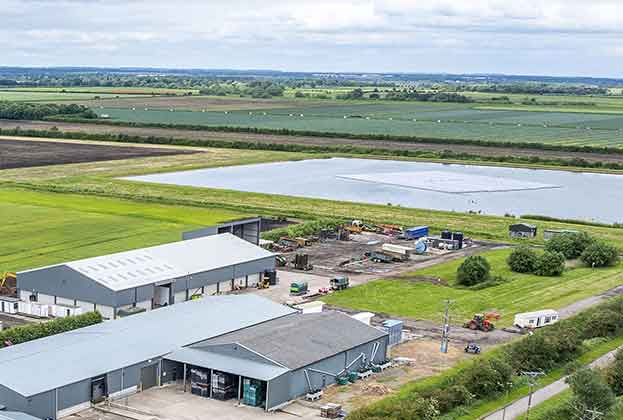In November of this year the UK will play host to the 26th UN Climate Change Conference of the Parties (COP26) in Glasgow. The aim will be to accelerate climate change action in line with the Paris Agreement and the goals set out by the UN.
With the conference being hailed as one of the most significant events since 2015, when the Paris Agreement was ratified, what should real estate businesses be doing between now and November?
Firstly, it is important to note that it is not a deadline. The main aim of COP26 is to progress the climate agenda; in fact businesses should be focused on their own targets with many aiming for net zero between 2030 and 2050. However, this doesn’t negate a need for speed. Actions to tackle the climate crisis must gain in scale and pace if we are to have any chance of limiting the global temperature increase to no more than 2 degrees Celsius. To ensure we meet these targets, longer term commitments should be matched with short-term milestones in order to set the trajectory and build momentum for change.
The start of the journey for any organisation when tackling climate change is to understand how they are contributing to it. If you fail to establish a baseline then how do you know how far you have to go? It is also crucial to understand the emissions you are producing as a business, from scope one to three, and working on a strategy to reduce them in line with expected government targets, emerging requirements in Local Plans set by planning authorities and current and upcoming legislation.
While we have seen a flurry of corporate commitments in the headlines recently, without these real and tangible baselines and strategies in place there is the risk of greenwashing. For this reason it is essential to fully understand your carbon emissions and climate related risks. Taking the step to identify these and publically disclose them via the Task Force for Climate Related Financial Disclosure (TCFD) and greenhouse gas reporting is one way of moving in the right direction. Ultimately, we need to take action and this is a good place to start.
So what can realistically be achieved between now and the start of COP26?
Although businesses will not be able to reach their climate goals in this short timeframe, there are some things that can be done in the meantime. This includes more funding and investment put towards meeting government ambitions. The Climate Change Committee has stated that investment must scale up to as much as £50 billion per year to cut carbon emissions by 78 per cent by 2035. We also need more policy, nationally and locally, around big impact items such as energy efficiency and an acceleration of mandatory climate legislation.
If nothing else COP26 will help to cultivate the seeds that have already been sown when it comes to long term positive change.
Further information
Contact David Jackson or Tanya Broadfield
Read more Planning Research 2021

.jpg)







.jpg)
.jpg)